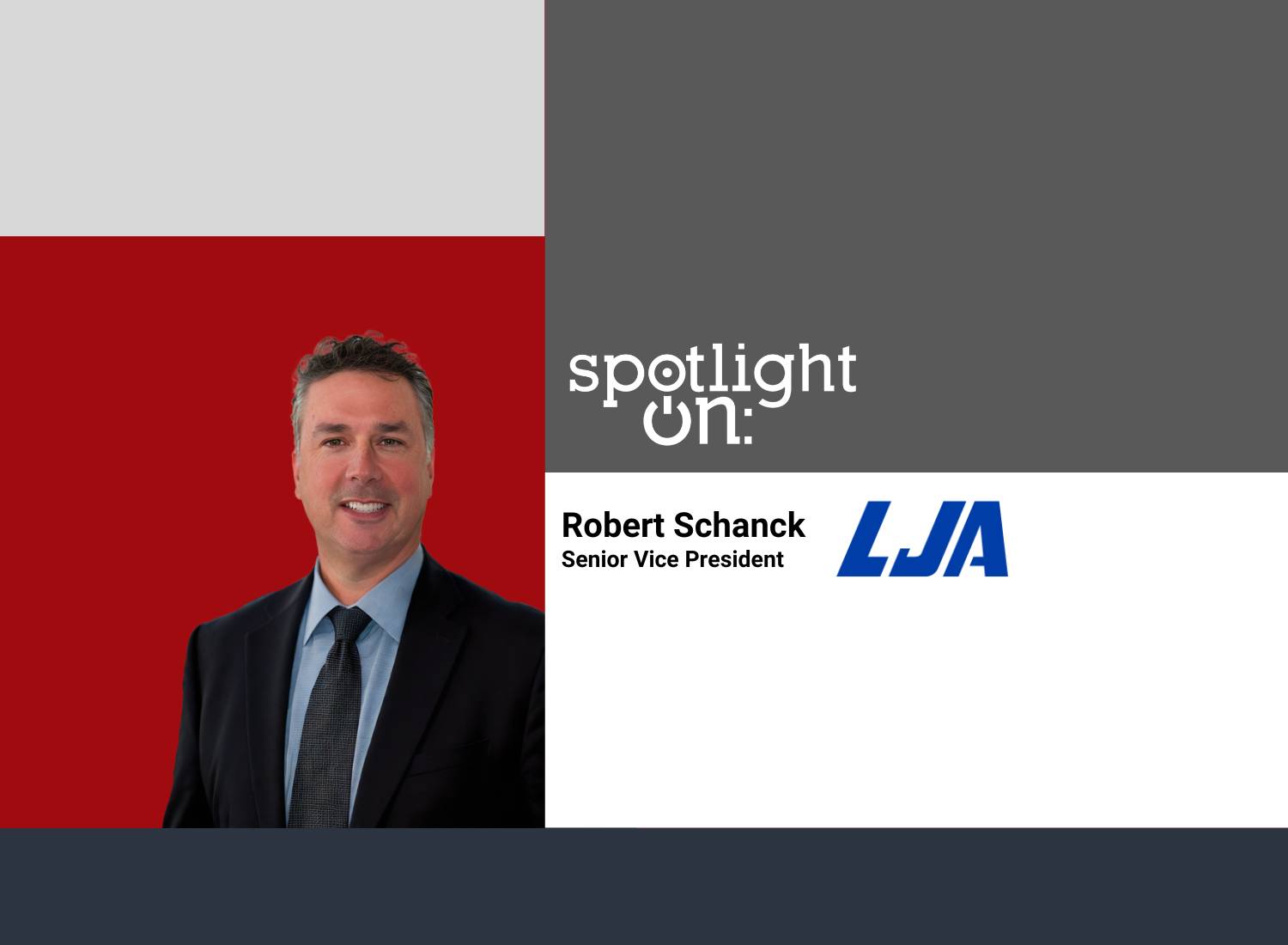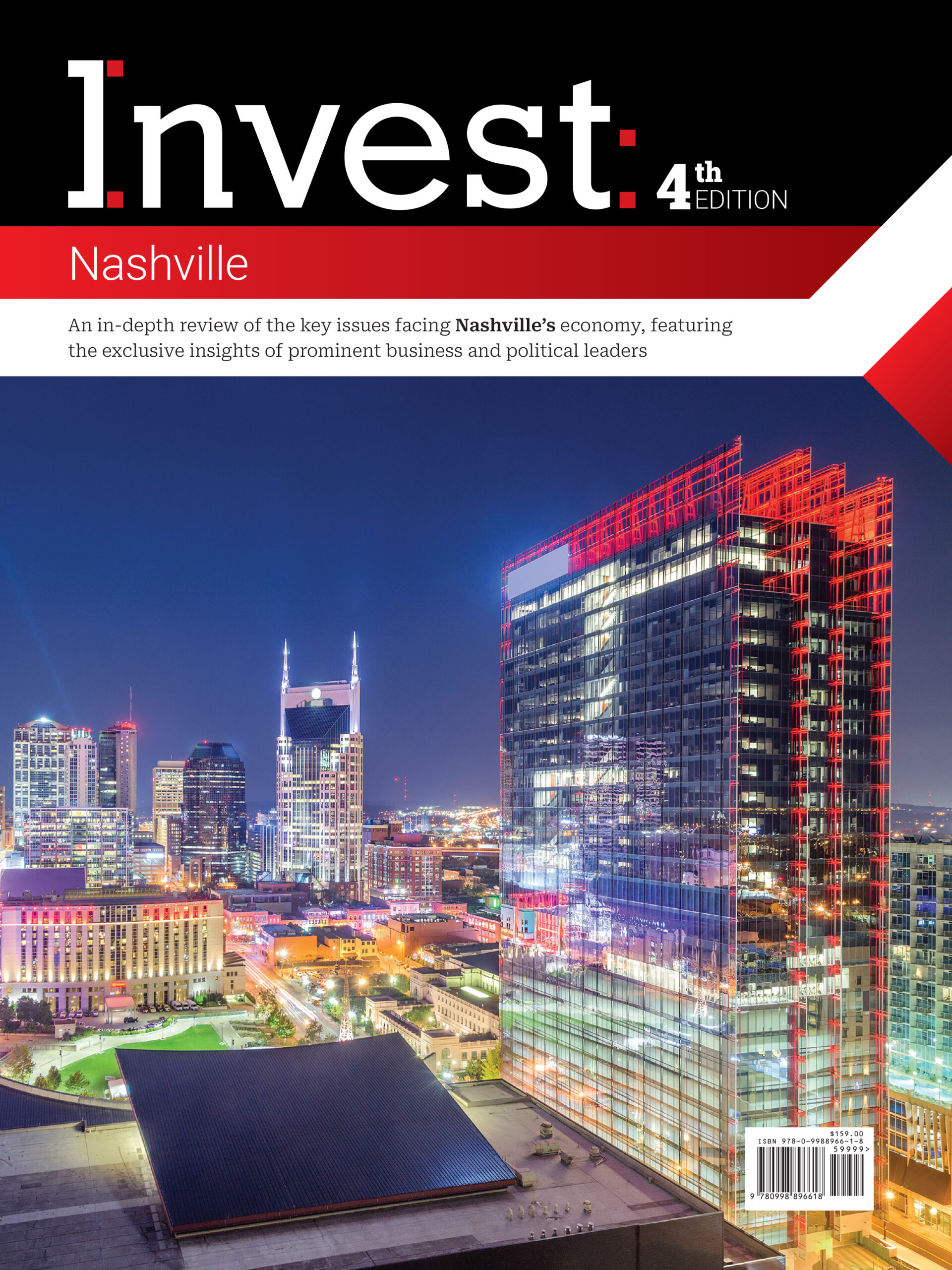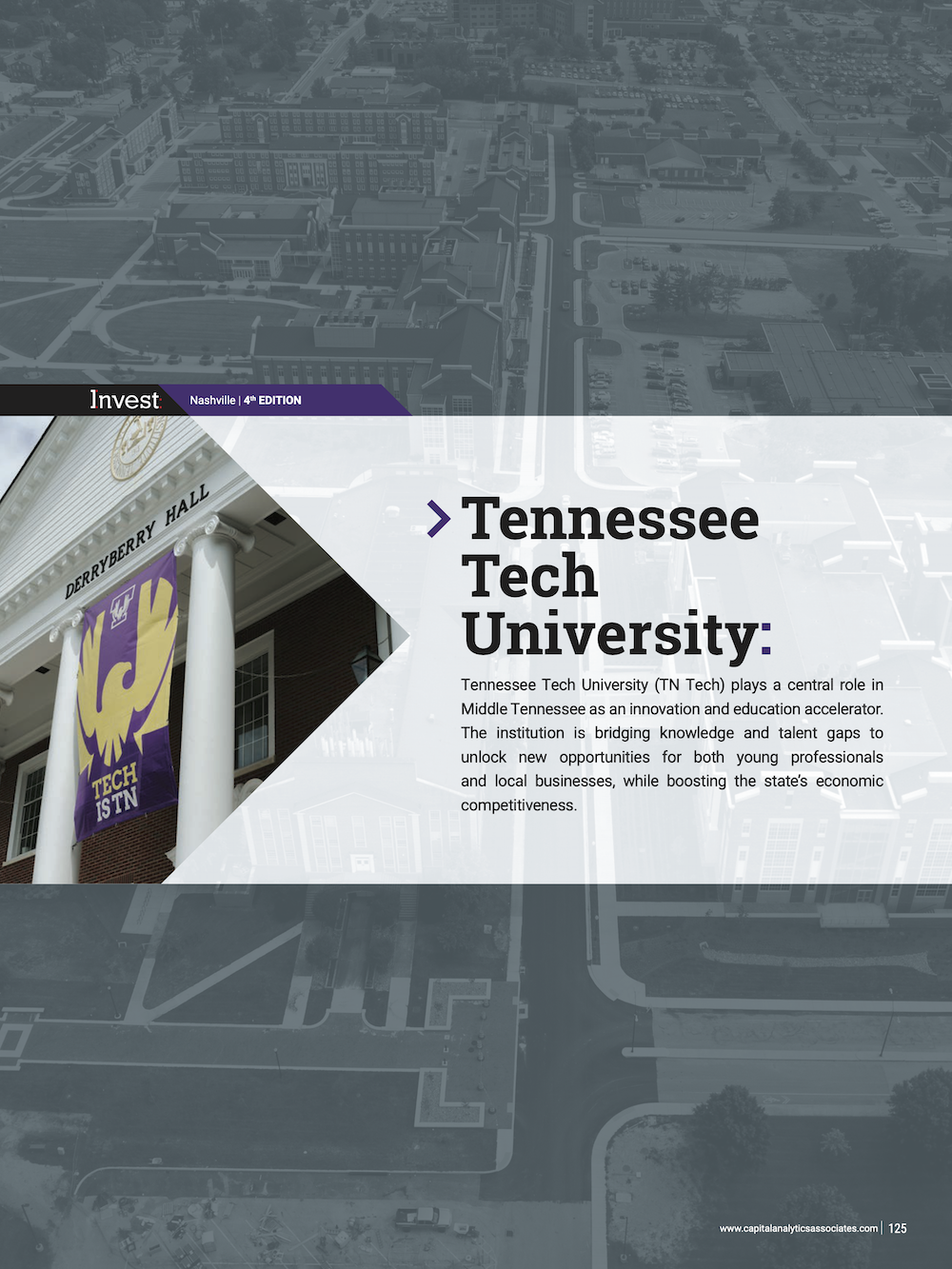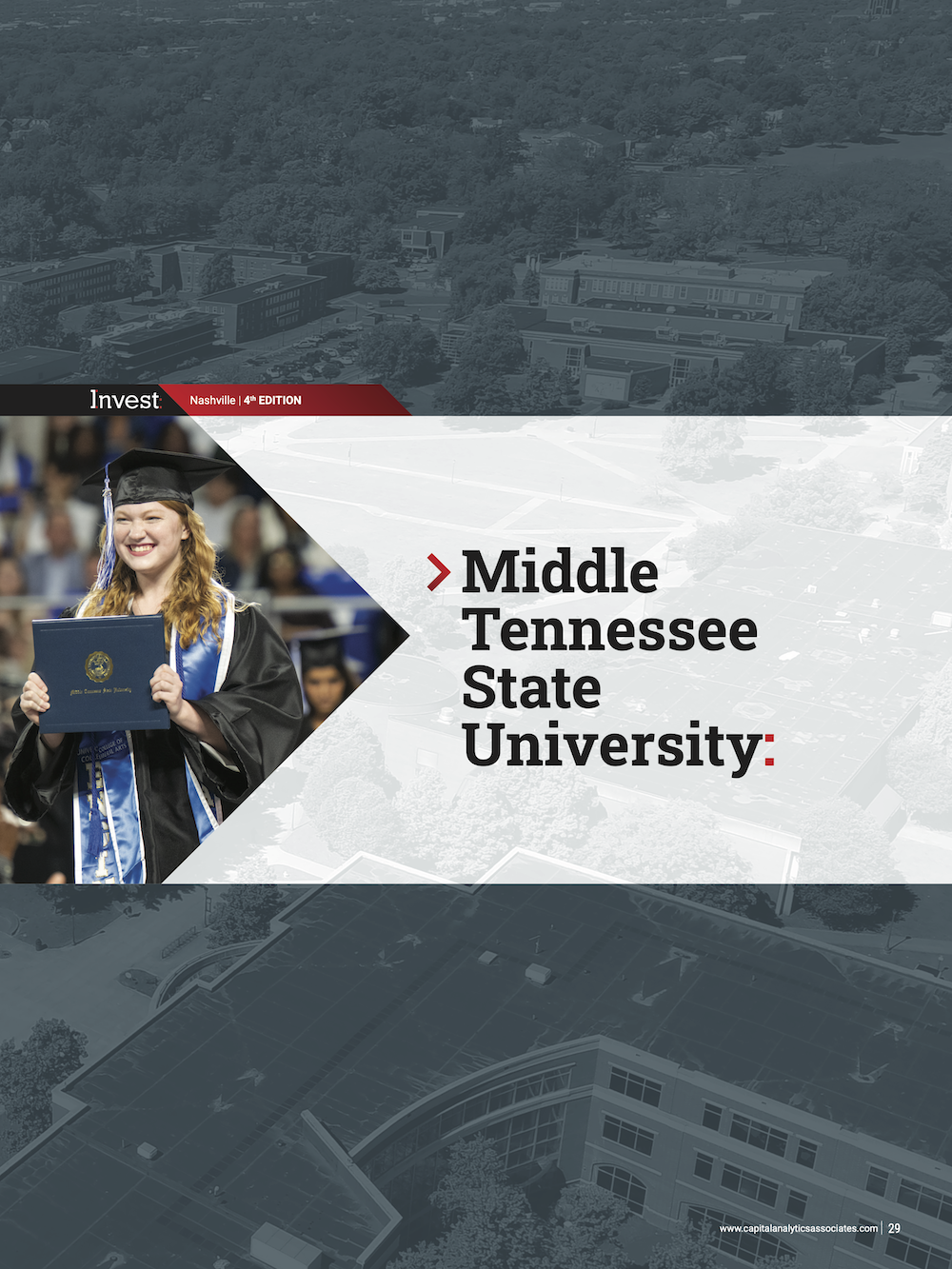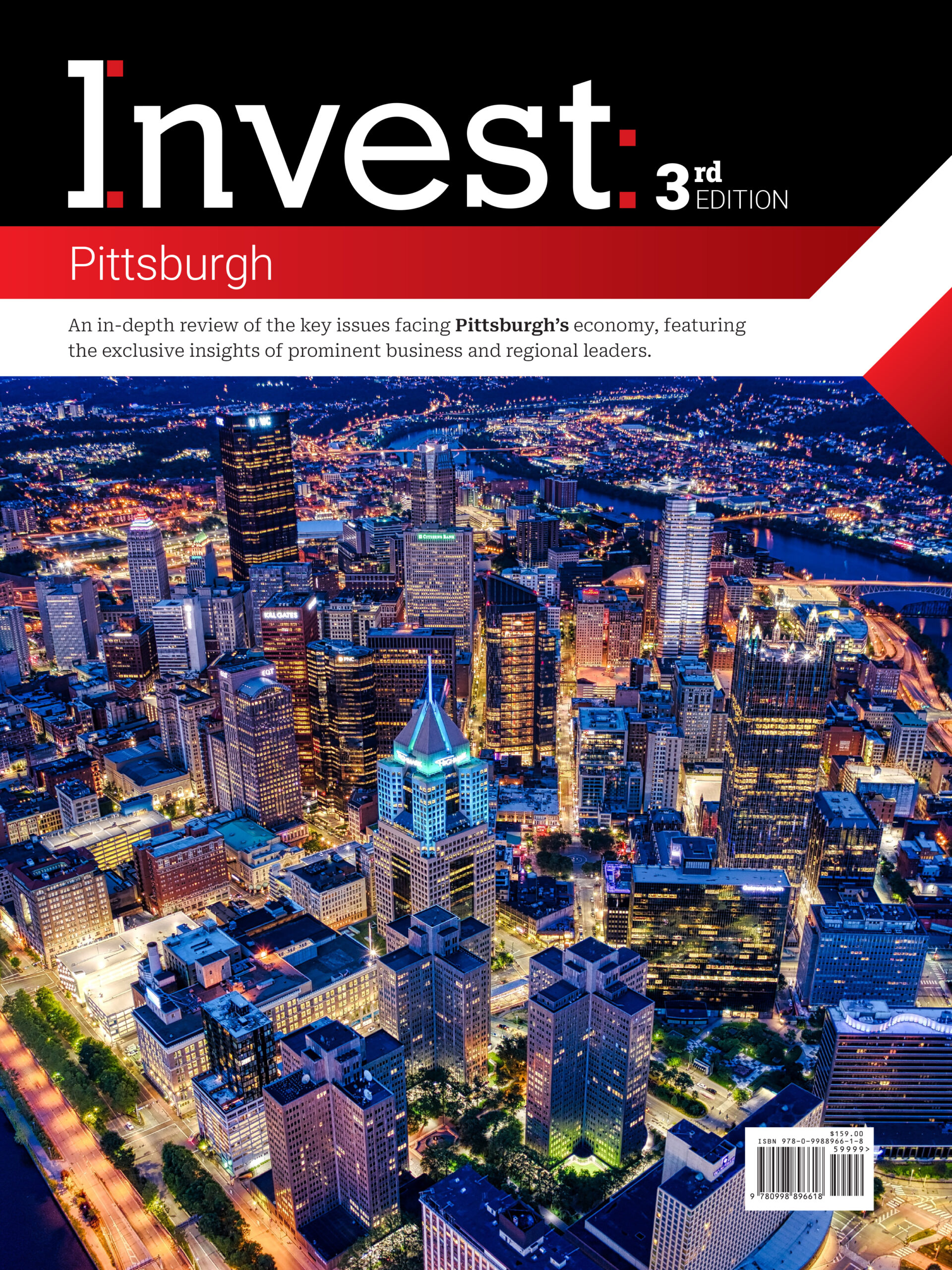Hamptons Group doubles down on impact investing to navigate market shocks
Writer: Mirella Franzese
 May 2025 — Shifting U.S. trade policies, inflation, and higher interest rates have dampened investor sentiment and shaken up private capital markets — but firms like Hamptons Group remain optimistic.
May 2025 — Shifting U.S. trade policies, inflation, and higher interest rates have dampened investor sentiment and shaken up private capital markets — but firms like Hamptons Group remain optimistic.
The Miami-based alternative investment and advisory firm sees impact investing as the path to long-term value.
“Over the past year, we have refined and expanded our impact investment strategy,” said Jeffrey Bartel, Hamptons Group chairman and managing director, in an interview with Invest:.
Assets allocated to impact investing, which seeks both financial returns and measurable social and environmental outcomes, have grown steadily at 14% annually over the past five years.
“Historically, our private capital business has included traditional venture capital for emerging companies and private equity for small- and mid-cap operating companies. But we have broadened that focus to include investment in the incubation and acceleration of startups.”
This expansion signals a notable shift in strategy, from near-term risk management to forward-looking investing — rooted in capturing early-stage growth.
While the national economy remains resilient compared to the global marketplace, U.S. corporate confidence is wavering due to tax and tariff uncertainties, further highlighting the appeal of “future-proofed” investments, according to Bartel.
“Uncertainty around tax reforms, tariff escalations, and trade negotiations has introduced meaningful hesitation into investment decisions,” he said. “Expectations for returns remain high, but access to leverage has tightened.”
Private equity deal activity in the industrials and tech sectors has already taken a hit as a result of this challenging scenario, with volumes slowing down compared to more stable dealmaking in the broader market. Deal activity is unlikely to return to 2024 levels by year’s end, according to PitchBook data. However, recent trade talks between the U.S. and China may offer some relief.
Ongoing uncertainty is also reshaping how some private equity firms operate, with many still relying on debt-loading acquired companies to stay profitable. But to Bartel, this model presents systemic vulnerabilities, which are not “sustainable for long-term economic health.”
For the Miami-based firm, the threat of climate change and sea-level rise are critical concerns that align with impact investment strategies. “The implications are wide-ranging,” explained Bartel. “From changing patterns of real estate development and shifts in insurance markets to evolving lending standards for long-term mortgages.”
Coastal construction, financial underwriting, and economic planning will need to adapt to a new environmental reality.
“We’re intentionally channeling capital into climate-resilient sectors, including green infrastructure, sustainable agriculture, and adaptive technologies,” said Bartel. “Rather than avoid climate risk, we’re investing in the solutions — innovations that help communities mitigate, adapt, and thrive.”
To that end, Hamptons Group is focused on creating long-term value and positive change through impact investing in core areas like climate change, agriculture, and technology.
In light of these opportunities, Hamptons Group advises directing capital towards driving impact in sustainable and high-demand sectors like health, agribusiness, energy, and communications technology.
“In today’s unpredictable environment, impact isn’t a sideline — it’s a strategy,” Bartel emphasized. “By integrating ESG principles prominently into our investment process, we’re proving that financial performance and positive social outcomes are not only compatible but mutually reinforcing. That’s the model we believe forward-thinking firms should follow.”
For more information, visit:

WRITTEN BY
